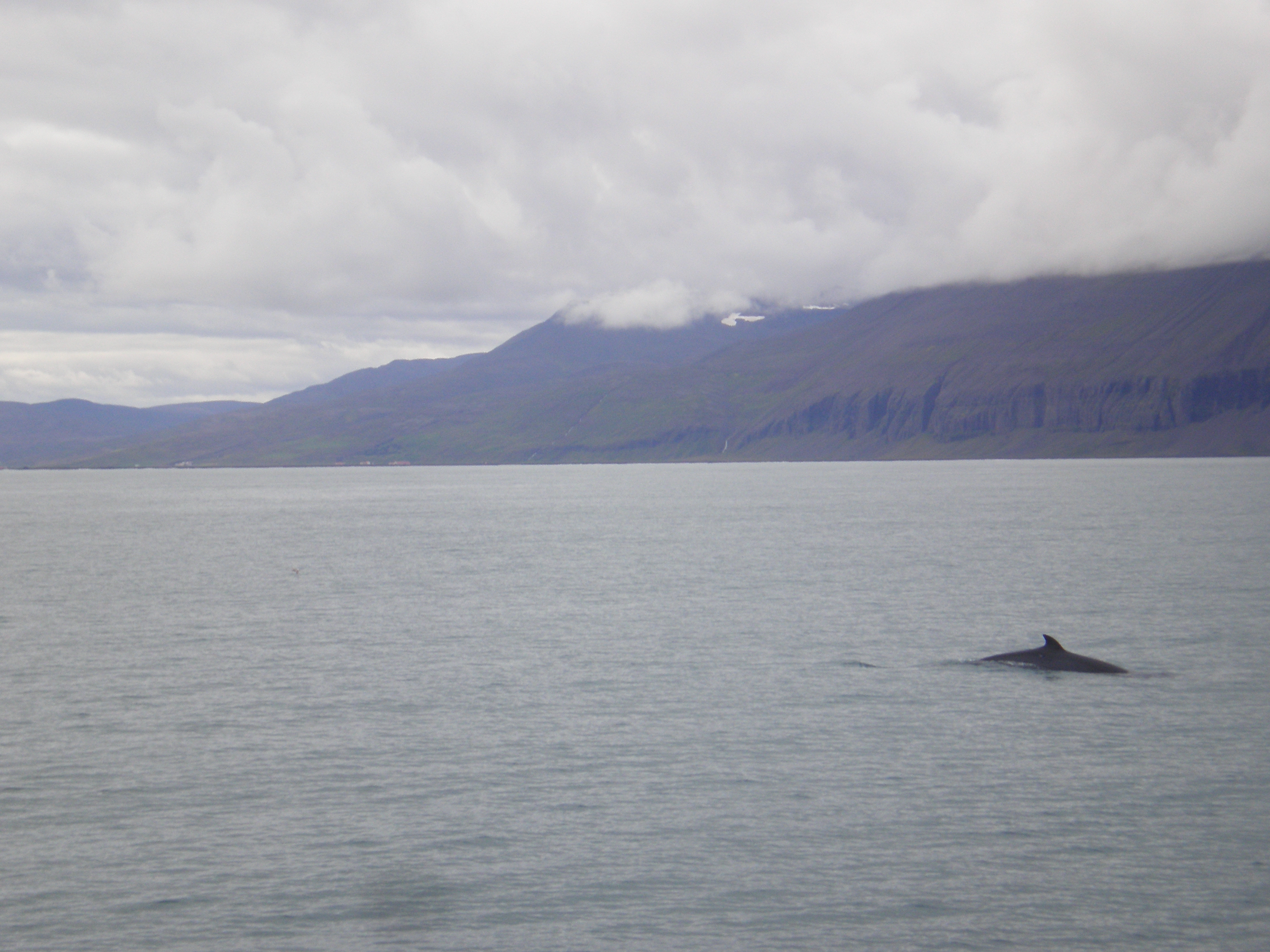Subsistence whalers celebrate, but doubts cloud the future of international whaling cooperation
At the most recent IWC meeting, subsistence whale hunters in Alaska, Greenland and Russia saw some restrictions eased — but other fights could spell trouble for the body's future.

Subsistence whalers in Alaska, Greenland and Russia landed a major victory recently with a decision by the International Whaling Commission that helps ensure the survival of a vital cultural tradition.
But that decision comes amid serious questions about the survival of the commission and the future of international efforts to save whales.
Japan has renewed threats to withdraw from the commission over the refusal to allow limited commercial whaling. Japan says the IWC has become dysfunctional.
International whaling regulations could fall apart if Japan pulls out and other pro-hunting nations such as Iceland and Norway follow.
Meeting in Brazil in mid-September, commission members voted 58-7 to allow limited aboriginal subsistence whaling hunts to continue.
The proposal also allowed for groups that do not meet the harvest quota in one year to carry that forward for future hunts.
“This important agreement gives our native communities the much-needed flexibility to operate more safely in dangerous environmental conditions that vary from one year to the next,” said Ryan Wulff, United States commissioner to the IWC.
The decision established hunting quotas on whales that are an integral part of the subsistence practices of residents in Alaska, Russia and Greenland, as well as some islands in the Caribbean.
The biggest policy change is that the commission allowed an automatic renewal of the quotas after six years, a liberalization of restrictions that drew praise and criticism.
Alaska Sen. Dan Sullivan said the automatic renewal provision was a momentous one for Alaska villages that would no longer have to argue every six years to defend their subsistence hunting of bowhead whales.
“Today’s decision means that the Alaska Native hunters will be able to continue their traditional cultural practice and provide food security for generations to come,” he said in a press release.
Alaska Sen. Lisa Murkowski said the automatic renewal would be based on a “rigorous scientific assessment of the bowhead whale stock,” which would protect the bowhead population.
But anti-hunting groups said the automatic extension of subsistence hunts threatens the ban on commercial whaling approved by the commission in 1986.
“The lines just keep getting more blurred between the different types of whaling and that is extremely concerning for the future of whales and how whaling will be managed, especially with a disempowered commission after today,” said an official of the World Wildlife Fund.
“They basically gave a green light to auto-renewal without establishing how any concerns or questions will be addressed,” Aimee Leslie of the WWF told reporters.
While the subsistence hunts will continue, it’s not clear what comes next for the whaling commission.
The United States, Europe and Australia have long opposed the contingent of nations led by Japan that want to resume commercial whaling.
Japan argues that there is no scientific reason to prohibit commercial whaling and that a sustainable harvest is justified.
“Science is clear: there are certain species of whales whose population is healthy enough to be harvested sustainably,” the Japanese proposal said.
Japan claims to follow the moratorium, but has continued to hunt up to 333 minke whales a year under what it calls a research program. Critics say it is really a government subsidized commercial hunt.
Japan’s latest attempt to overturn the ban was to allow hunting of minke and other abundant species, but anti-whaling nations blocked that on a 41-27 vote.
Norway and Iceland, which allow commercial whaling under a loophole, supported the Japanese proposal. There is growing concern that the pro- and anti-hunting nations are headed for a split.
A new report by the Environmental Investigation Agency and the Animal Welfare Institute said that more than 38,000 whales have been killed by Japan, Iceland and Norway since the moratorium went into effect.
A Tokyo newspaper, The Japan News, said “it is necessary to tenaciously continue asserting that whaling is important for managing and preserving marine resources, based on objective scientific data.”
Masaaki Taniai, vice minister for fisheries of Japan, warned against a complete denial of what he called sustainable commercial whaling.
“The IWC is no longer an organization for managing cetacean resources. We will explore a variety of options,” Taniai said, quoted by the Japan News.
How aggressively it pursues those options will have major implications for whether the world is capable of managing cetacean resources and protecting the rights of indigenous people.
Columnist Dermot Cole can be reached at de*********@gm***.com.